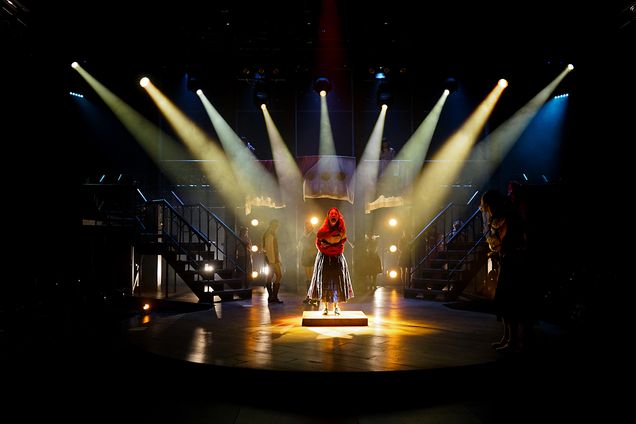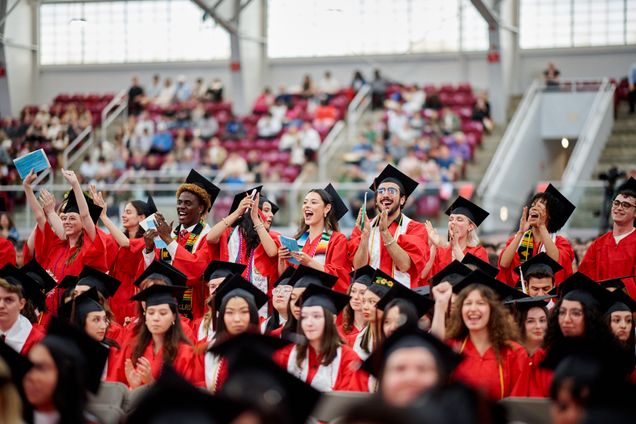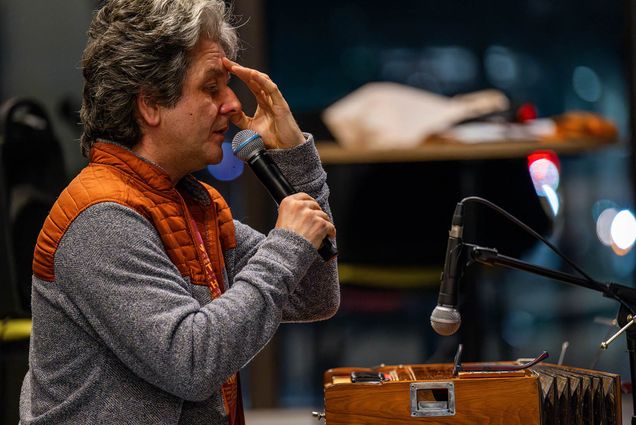Experience the arts on campus (and in Boston!)
The arts are deeply embedded in the intellectual and cultural fabric of Boston University. The BU Office for the Arts strives to engage all BU community members (and disciplines) in the arts. There's so much to discover!
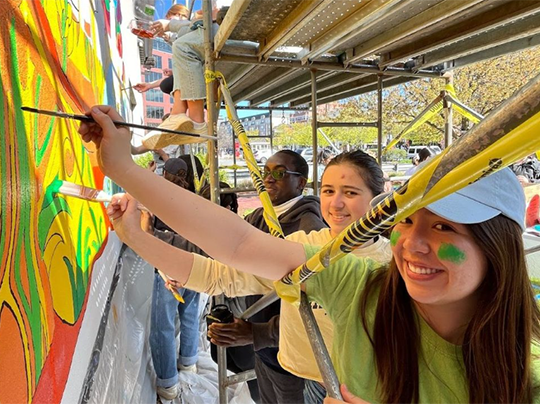
What is BU Office for the Arts?
Simply put, our goal is to make art part of every Terrier's time at BU.
Boston University Office for the Arts ensures that the arts are fundamental to every Terrier's experience by developing, supporting, and celebrating university-wide programs that advance community-building through the arts, encourage interdisciplinary arts teaching and research, and highlight diverse artists and forms of artistry.
Get involved: grants, giving, and more
From exhibition submissions and performance opportunities to grants and giving, BU Office for the Arts offers students, faculty, and the community a multitude of ways to make, support, integrate, and promote the arts. We welcome you to get involved!
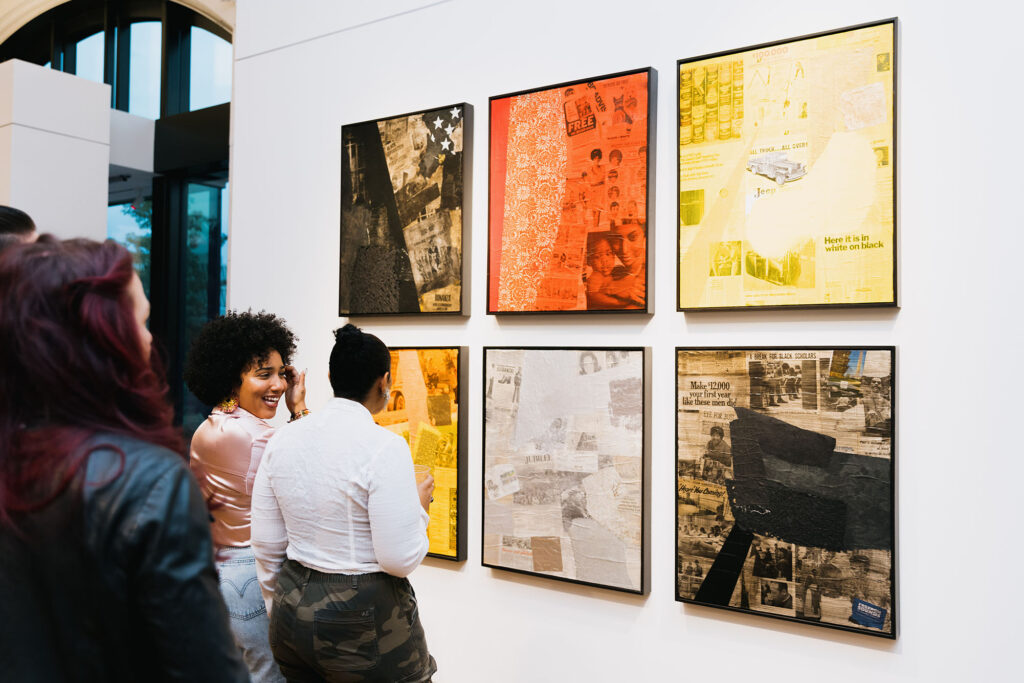
Events For Every Terrier
The arts are for every Terrier to experience.
Explore the wide variety of events, check out BU Arts Central, and sign up for our app to be an arts insider!
Whether you join us for one event or for several throughout the year, you'll expand your world, and we're pretty sure you'll have a lot of fun.





